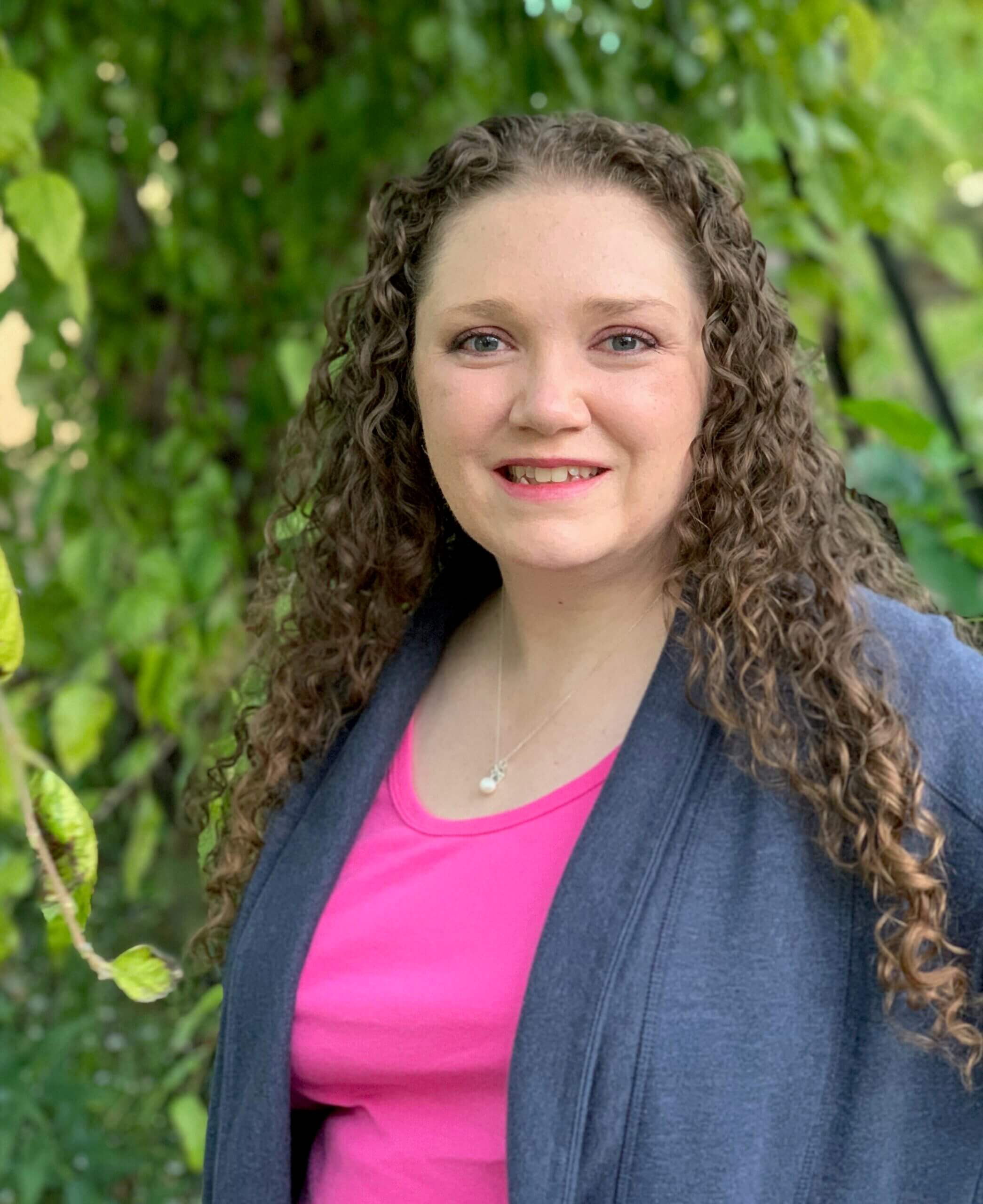Allow me to introduce myself, I’m Julie. I have been with my Army Reserve husband for over 13 years, married for almost 7 years, and have a lot of different experiences as a military spouse. I’m also new to Mission:Milspouse so first let me share just a little bit about myself.
My Journey
Growing up I didn’t have much experience with the military outside of both of my grandfathers serving in World War II. So when I met my husband while we were in college I had no idea what was in store for me when he told me that he was in ROTC.
I soon learned that it meant getting up very early in the morning for PT, spending some weekends in the field, and experiencing separations when he left for BOLC. I vividly remember our trip from Virginia to Ft. Sill and the painful goodbye at the airport. We were two kids in love, wondering if our relationship could survive 5 months apart, and a cross-country move to Joint Base Lewis-McChord where his new reserve unit would be.
It turns out we were able to survive that and so much more.
We spent over 7 years at JBLM and my husband was in a lot of different duty statuses while we were there. He spent time as you typical reserve soldier that drills once a month and attends annual training for 2 weeks in the summer. However, he also spent time in an active duty status while still being in the reserves.
There were a few years when he was on ADOS orders (which stands for active duty for operational support). I remember those years being challenging with government shutdowns that abruptly ended orders without pay, and the uncertainty of whether or not those orders would be renewed.
Activated!
Then in 2014 or 2015, he was given the opportunity to be activated for a state-side mobilization for 3 years. This meant stable orders and that we didn’t have to hope for order renewals.
My husband was working a 9-5 job, doing drill weekends and annual training, and he was loving his career. We were beginning to get a taste of the perfect combination of active duty and reserve life, but my husband was coming up on some important career development milestones.
Up to that point we hadn’t experienced a deployment and my husband needed to take a company command position. So he went and found both, with a new unit in Arizona.
This is where our journey differs from our active duty military counterparts.
When we moved, even though it was for his job in the Army Reserve it was not considered a PCS. Crazy, but true, and I could probably write an entire post just about that. So we moved to Arizona and my husband continued to work in a full-time active duty status leading up to the unit’s deployment, and then overseas they went.
Upon returning from his deployment it was time to once again figure out how to maintain a full-time career within the Army Reserve, and that’s when he was offered a position in the Active Guard Reserve (AGR) Program.
For us, and many other AGR families, the AGR program is the best kept secret of the military.
It’s the best of both military worlds.
My husband doesn’t have to get up for PT, work overnight shifts, or a lot of the other things that keep active duty service members at work for longer hours. After the first three-year probationary period you are in the program until you decide to leave, which means my husband has a stable full-time job with benefits for our family.
Now, there are a few downsides. Even though the regular work hours resemble those of the civilian world my husband still has to attend drills and annual trainings, but for us having the stable and reliable hours outweighs that.
Another downside is that it can be pretty lonely and isolating as an AGR family because most reserve units are located in stand-alone reserve centers that are far away from military installations and the support and resources that they offer.
In the end, I wouldn’t trade being an AGR family for anything.
AGR families get to PCS and serve in a full-time active-duty capacity like our active-duty counterparts do, but as my husband always likes to point out, the hours are much better.
Since my husband joined the AGR program we have been stationed in Darien, Illinois, Fort Leavenworth, Kansas, and Schuylkill Haven, Pennsylvania.
We get to live in places that most other military families would never get to live and we get to experience different cultures and communities and help those local communities better understand our military.
*To learn more about Julie, Visit our Band of Bloggers page. To learn more about AGR and what opportunities are available, click HERE.








I enjoyed reading your Agr experience, my husband is also agr but our experience has been a little different from yours probably because my husband has been agr for longer & he was “big” army, then reserve briefly before going agr. We fortunately have been stationed on or very close to Military installations so we have been able to participate in “military” life a little easier. But many big army still don’t understand agr, and it does seem as though it can be lonesome because we don’t fit into a standard military life box. Agr, has been a wonderful mix for our family & although my husband does work more hours on agr than he ever did while in big army ( his duties & RESPONSIBILITIES differ from some standard AGR positions) still an amazing option for soldiers that is a secret! I hope you continue to enjoy it!